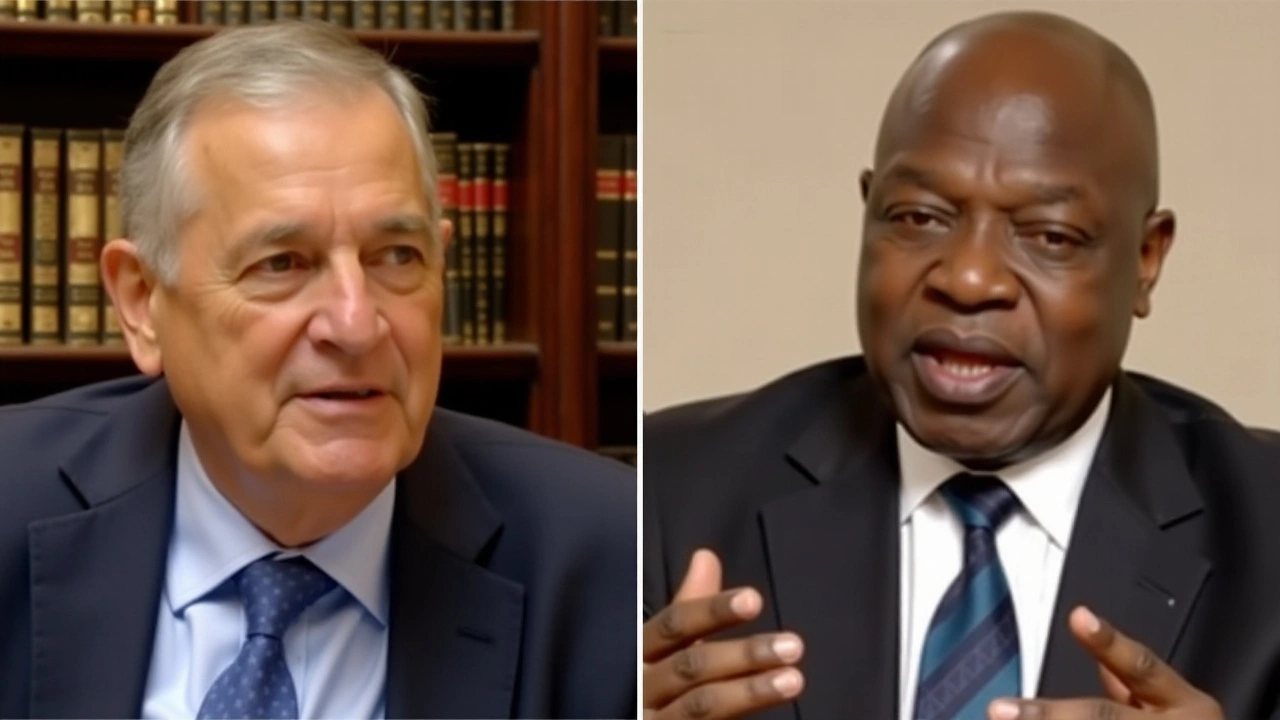Africa's richest man: Who's on top and why it matters
Who holds the title of Africa's richest man changes more often than many expect. Stock moves, commodity swings and big business deals can flip the rankings quickly. If you care about African business or want to follow big-money shifts on the continent, this tag collects news, profiles and analysis that explain who’s rising and why.
How wealth gets measured
Most lists use net worth estimates based on public holdings, private company values, real estate and known debts. For people with public companies, market caps and share prices make estimates clearer. For private businesses, analysts compare to similar firms, look at recent deals, or use earnings multiples. That’s why numbers are estimates, not exact truths.
Watch these signals if you want a quick read on who’s gaining: big stock purchases, major M&A deals, new listings on stock exchanges, and changes in commodity prices (oil, metals, agricultural goods). Political moves and government policy can matter too — new tariffs, taxes or nationalisation talk can hit a fortune fast.
Common industries behind top fortunes
Certain sectors produce most of Africa’s wealth leaders. Think manufacturing (especially cement and food processing), telecoms, banking, mining, and tech. For example, industrial groups that control cement plants or food supply chains create steady cash flow and wide regional reach. Banks and telecom firms tend to hold long-term, high-value assets across countries. Tech founders rise fast, but their rankings can swing with venture rounds and exits.
Individual names shift, but patterns stay the same: diversified business groups and big stakes in public companies often keep people near the top. Family-owned conglomerates also play a major role because they control multiple sectors at once.
Want to track changes? Follow company filings, quarterly reports, and local stock exchanges in Lagos, Johannesburg, Cairo and Casablanca. International outlets like Forbes and Bloomberg update billionaire lists, but the fastest hints often come from local business news and regulatory filings.
Philanthropy and public life matter too. Many top wealth holders run foundations, fund hospitals, or back universities. Those moves shape public perception and sometimes influence policy—so they’re worth watching as much as share prices.
What does this mean for you as a reader? If you follow the tag, you’ll get quick picks on new rankings, clear explainer pieces on big deals, and practical context about how those fortunes affect jobs and investments in African markets.
We update this tag when major deals drop, when stock shifts change rankings, or when a high-profile profile or interview appears. Bookmark the tag, check business pages from time to time, and watch company disclosures. That’s the fastest way to know who’s really on top in Africa’s wealth race.
If there's a specific person or sector you want us to cover, drop a note or search the tag for recent posts. Africa's richest man story is really many stories—business moves, markets, and people shaping economies across the continent.
South African Businessman Johann Rupert Takes the Crown as Africa's Richest Man, Dethroning Aliko Dangote
Johann Rupert from South Africa has overtaken Nigeria’s Aliko Dangote to become Africa’s richest man. Rupert's net worth has skyrocketed from $1.9 billion to $14.3 billion, making him the 147th wealthiest person globally. This significant surge places him well ahead of Dangote, who held the title for years.
